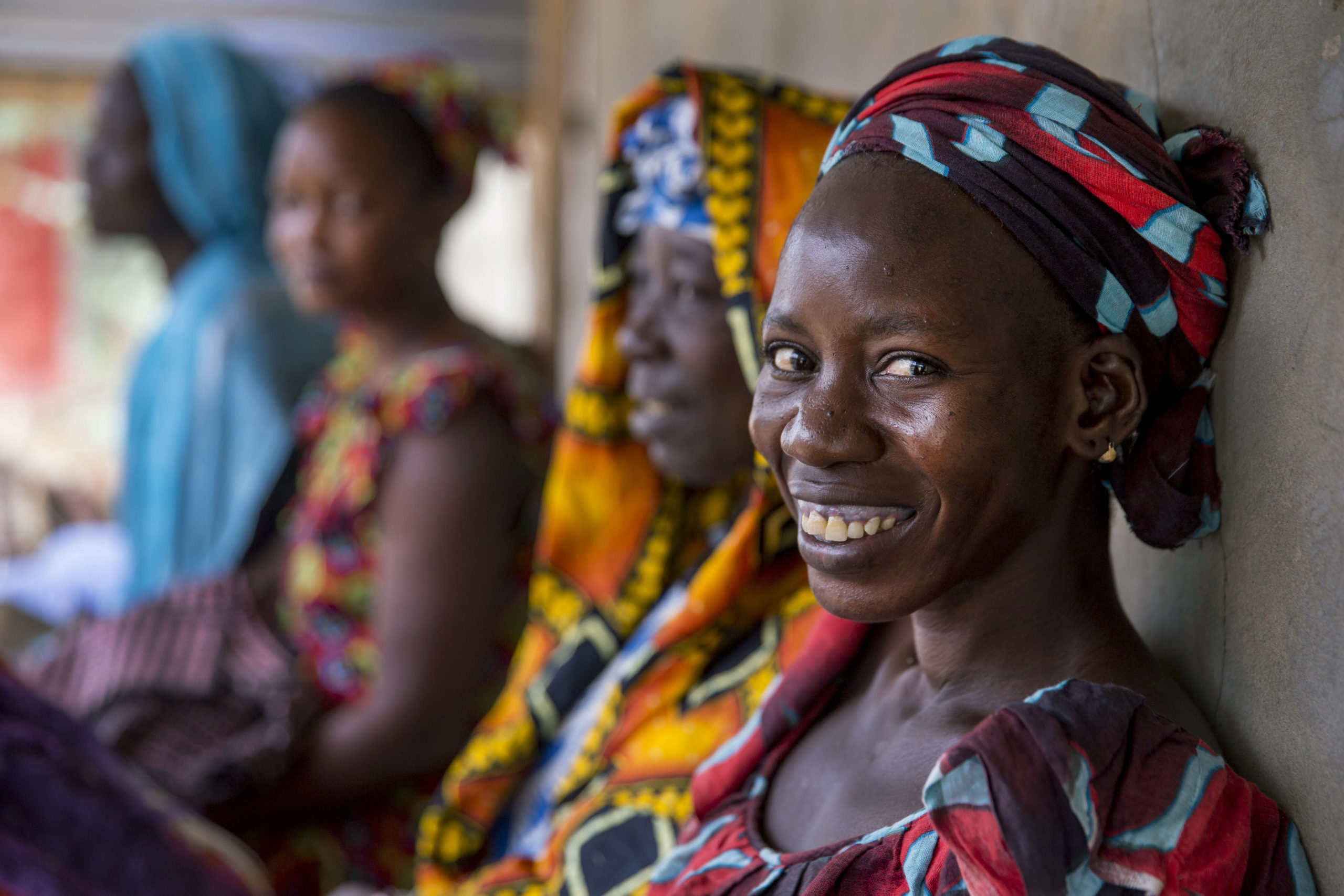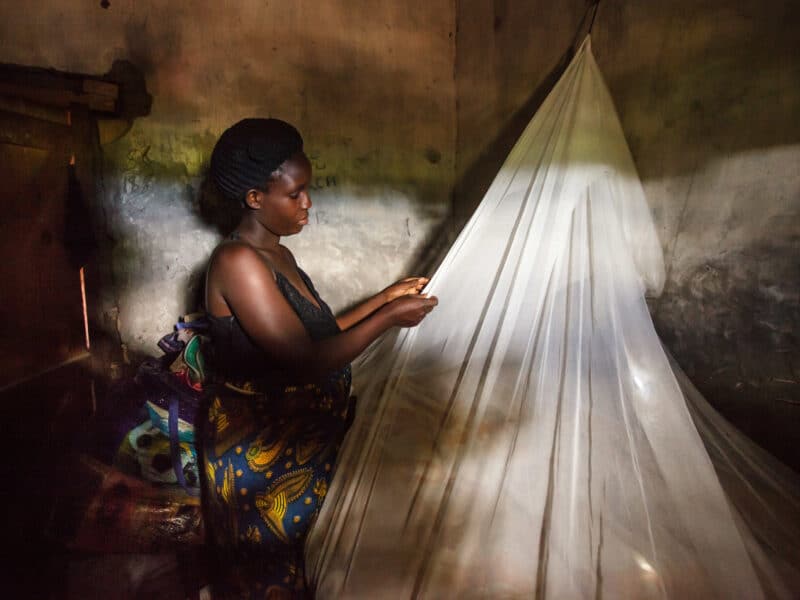Eliminating malaria in Ghana would cost $961 million over the next decade, but would prevent 85.5 million cases, save 4,500 lives and avert $2.2 billion in health care expenditures, according to a new study led by the Johns Hopkins Center for Communication Programs.
Between lowered health system expenditures, increased household prosperity, reduced absenteeism and productivity gains due to a dramatic reduction in malaria cases, Ghana could expect a 32-fold return on its investment, the researchers determined through a model published last month in Malaria Journal.
“To see elimination of malaria would take collaboration with government, donors and the private sector at much more significant levels than we are seeing today,” says CCP’s Danielle Piccinini, one of the authors of the study. “There’s not one solution that will solve this problem. It will take investment from every sector.”
The study was conducted by CCP’s Private Sector Malaria Prevention project in partnership with Ghana’s National Malaria Control Program to quantify the health and economic risks associated with declining funding for malaria control and prevention – and the benefits of increased funding. It was meant to provide economic evidence of the potential risks of withdrawing financing and to shape an advocacy strategy for resource mobilization.
Ghana has made significant progress against malaria, decreasing mortality and morbidity by over 50 percent between 2005 and 2015. The gains can be attributed in part due to the increased financing available to scale up effective interventions such as insecticide-treated bed nets and providing pregnant women with drugs designed to prevent malaria. Ghana has received international funds to help with malaria goals including a succession of grants from Global Fund for AIDS, Tuberculosis and Malaria ($408 million since 2003).
But Ghana has not been able to meet its share of financial contributions to the Global Fund work and hasn’t committed all the money needed to cover what is already laid out in its National Malaria Control Strategic Plan for 2014–2020, which was finalized in August 2014 by the National Malaria Control Programme.
Meanwhile, going forward, Ghana will be eligible for less money from external sources due to its growing prosperity. It is no longer considered a low-income country.
This puts the country’s malaria gains at risk.
“The question is: How do we catalyze domestic investment to fill the gaps?” Piccinini says.
The paper considers many different funding sources, from taxing remittances sent from Ghanaians living abroad back to Ghana to tapping into taxes for tobacco products, alcohol and soda, tourism and more. Private sector contributions, especially from mining or banking interests, could make a big difference.
“Although the short-term investment needed may seem substantial at USD 961.3 million over 10 years (2020–2029), front loading investments will provide cost savings in the longer term as well as substantial health and economic returns,” the paper’s authors conclude. “At the same time, Ghana could be at the frontier of elimination in Africa.”
“Estimating the risk of declining funding for malaria in Ghana: the case for continued investment in the malaria response” was written by Rima Shretta, Sheetal P. Silal, Keziah Malm, Wahjib Mohammed, Joel Narh, Danielle Piccinini, Kathryn Bertram, Jessica Rockwood and Matt Lynch. Shretta is an honorary visiting research fellow at the University of Oxford’s Nuffield Department of Medicine.





